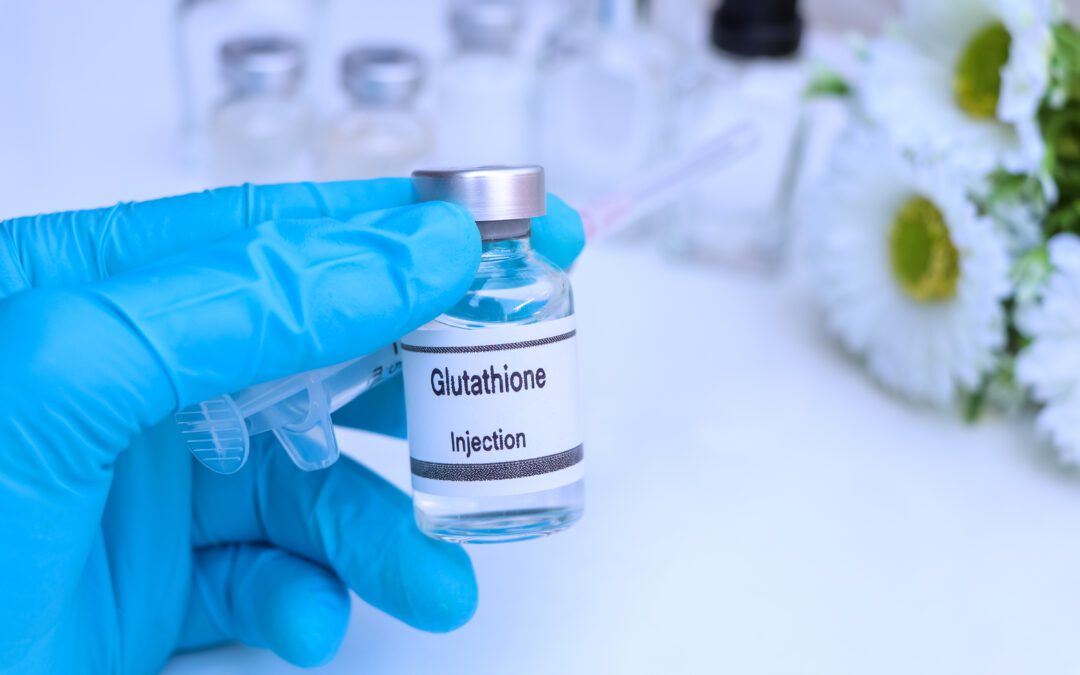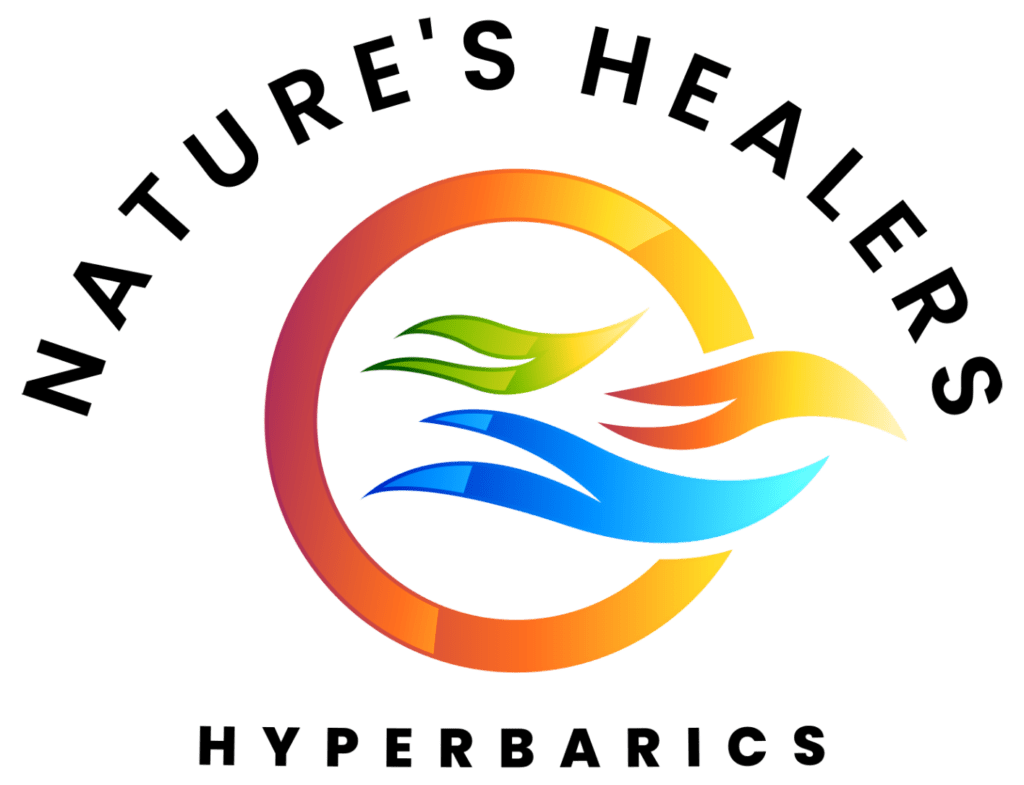Glutathione is a naturally occurring molecule made up of three amino acids: glutamine, cysteine, and glycine. Often referred to as the body’s “master antioxidant,” glutathione plays a central role in detoxification, cellular repair, and immune regulation.
Unlike many antioxidants that work outside the cell, glutathione works from within, supporting the immune system, neutralizing free radicals, and recycling other antioxidants like vitamins C and E.
How Glutathione Helps Regulate Your Immune System’s Balance
A balanced immune system is one that is powerful enough to fend off infections without destroying your healthy tissues. Glutathione helps regulate this balance by controlling the activation and suppression of immune cells.
In people with autoimmune diseases such as lupus, rheumatoid arthritis, or Hashimoto’s thyroiditis, this regulation becomes dysfunctional. They help you modulate the inflammatory response, suppress overactive immune reactions, and protect immune cells from oxidative damage.
Chronic Inflammation and Oxidative Stress
Oxidative stress occurs when the body produces more reactive oxygen species (ROS) than it can neutralize. These ROS can trigger and amplify inflammatory responses, creating a cycle of tissue damage and immune dysfunction.
Glutathione is much needed in breaking this cycle by neutralizing ROS before they cause harm. In doing so, it protects not only your tissues but also the signaling pathways of your immune system, allowing inflammation to resolve instead of linger.
Glutathione Deficiency and Autoimmune Symptoms
Individuals with autoimmune diseases typically experience lower levels of glutathione than healthy individuals. This deficiency can worsen common symptoms such as joint pain, fatigue, skin rashes, and digestive problems.
In diseases like multiple sclerosis (MS), lupus, or celiac disease, low glutathione levels are associated with more severe disease progression and flare-ups. Restoring glutathione, either naturally or with supplements, may help you manage your symptoms more effectively and experience fewer flare-ups of inflammation.
Why Your Glutathione Levels Drop and How to Restore Them
Several factors contribute to the depletion of glutathione, especially in individuals dealing with chronic health conditions. Lifestyle changes, such as improving your diet, managing stress, and supporting detoxification, can help maintain optimal glutathione levels and protect your health.
Here are the primary contributors to glutathione depletion:
Environmental Toxins
Exposure to pollutants like heavy metals (mercury, lead), pesticides, and industrial chemicals increases oxidative stress, which depletes glutathione. These toxins overwhelm the body’s defense system, leading to a higher demand for glutathione to neutralize free radicals.
Poor Nutrition
Diets lacking key nutrients, such as selenium, vitamin C, and the amino acids cysteine, glutamine, and glycine, impair glutathione production. Without these nutrients, the body struggles to maintain its antioxidant defenses, weakening the immune system.
Aging
As you age, glutathione production naturally declines, which can worsen chronic inflammation and increase the risk of age-related diseases.
Strategies to Boost Glutathione for Autoimmune and Inflammation Support
Whether you’re managing a diagnosed autoimmune condition or aiming to prevent chronic inflammation, there are several strategies to raise and maintain glutathione levels:
Nutrient-Dense Foods
Include sulfur-rich vegetables like broccoli, kale, and Brussels sprouts in your diet. These foods help your body produce glutathione naturally, supporting detoxification and reducing oxidative stress.
Supplements
Adding N-acetylcysteine (NAC), alpha-lipoic acid, or liposomal glutathione to your routine can directly increase glutathione levels. NAC provides cysteine, a key building block for glutathione, while alpha-lipoic acid helps regenerate it.
IV Therapy
IV glutathione therapy delivers glutathione directly into the bloodstream for quick absorption. This method ensures high levels of glutathione reach your cells without relying on digestion. It is often combined with other therapies like vitamin C, B-complex infusions, etc., to support comprehensive immune modulation.
Sleep and Recovery
Prioritize quality sleep, as the body naturally replenishes glutathione during rest. Proper sleep helps maintain your glutathione levels and supports overall recovery.
Ready to explore advanced, customized strategies for managing inflammation and autoimmune diseases? Take the next step with personalized glutathione-focused care at Nature’s Healers. To learn more about glutathione and other supportive therapies from our experts, schedule your consultation today!


